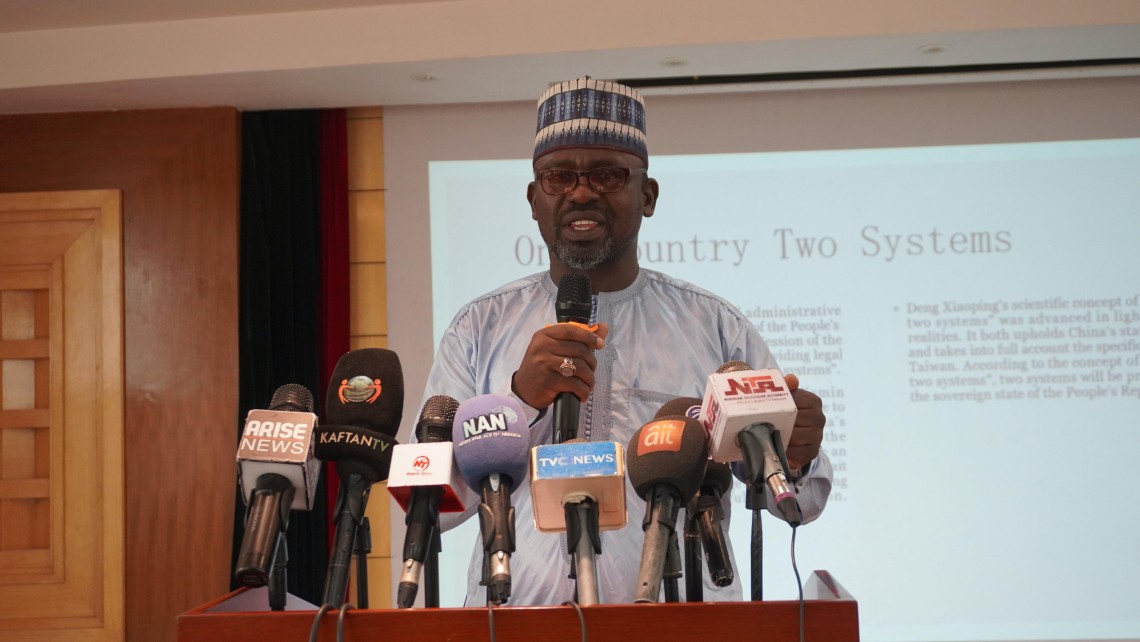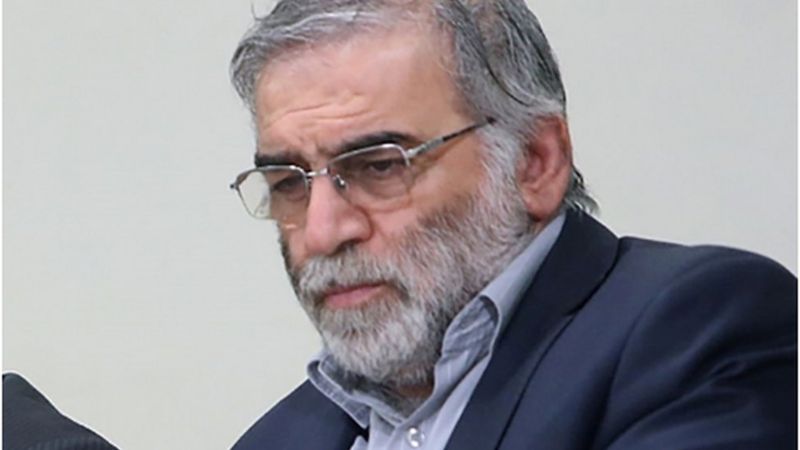By Prof Sheriff Ghali Ibrahim
The twilight of the Second World War had widened up ideological confrontation, geopolitical rivalry, alliances and divisions around the world. The Harry Truman Doctrine has antagonised the spread of socialist structures and communist expansionism clearly exhibited in the American policy of containment.
The United States sees such states as foes where Russia, China, North Korea, Cuba and all other states within the socialist league have been categorised as enemies of the American ideology which strategically defines the American National Interest. Some of these states have been stereotyped as “Axis of Evil” primarily due to their stance against injustice, domination and breach against universal values.
The American Empire which in its global dominance has waxed to its peak and engendered the renaissance of a multipolar international order informed by the emergence and re-emergence of stronger states, is gradually sewing the seeds for its self-destruction. The aggression in Trump’s foreign policy is not new, but a resurgence of the American founding fathers’ strategic posture differently exhibited by Trump in his fixated psychological imbalance, by carrying out regime change not for the good of the people, but for his personal idiosyncracies.
Geopolitical balancing strategy as I coined, envisages socio-economic, political and security bandwagoning in order to avoid or deter enemies’ moves, quest for conquest, domination or possession of geographical values, which may transcend the boundaries of natural resources, but cooption of regional states into a particular alliance system. The control of certain regions in the world may grant absolute powers; the ability to ally certain regions and states provides protection and economic gains. Consequently, the American military build up and bases all-over around the world which signifies not only hegemony, but geopolitical conquest of our time.
The rise of China is inevitably rebalancing the great powers power politics, reshaping geopolitics and political alliances around the world. Unlike the United States, China seeks peaceful international relations, global development, international security, mutual learning among civilizations, dialogue against confrontation, fairness, equity, multilateralism and rules-based international order.
The turbulent international system needs to be understood clearly, where global governance needs only sane people to govern the international system with commitment to international law, multilateralism, people-centredness and solutions to global problems, not creating more problems to the world, not asserting conflict resolutions on the other side creating more problems.
It should be noted that while China rises, the United States has continued to impede such rising, by affecting Chinese businesses, friends and interest around the world. The U.S. has failed to understand that it cannot continue to rule the world forever, as many stronger Empires had risen and declined. The U.S. has failed to see cooperation as more vital than confrontation, it has failed to see more states emerging stronger, but believes only the United States can make or mar the rise of states.
It should also be undesrtood that China does not interfere in the internal affairs of independent states and it should be embraced the fact that China needs more friends and allies as it has been sustaining its fruitful relations especially with the developing world. China holds a significant partnership with Iran which is a 25-year cooperation journey signed by the Chinese and Iranian Foreign Ministers on 27 March, 2021, in Tehran. This partnership deals with a comprehensive strategic partnership between the two partners. China salvages the Iranian economy as the only state among few that can circumbent U.S. sanctions and Tariffs and do businesses with Iran, at the same time supply to Iran some essentials which are not obtainable from the west or elsewhere. The argument here is that, China stood with Russia in its most difficult times, China should also continue to stand with Iran as always as it faces the most threatening challenge to its national security and survival.
The Donroe Doctrine is a replication of the Monroe Doctrine attached to the name of President Donald Trump, bowing not to allow European influence or any other power’s influence within the western hemesphere. This was justified by Trump when he deposed Maduro of Venezuela and also justified in his claims on Greenland. It is a time in which the United States has designated China a potential threat, which cannot be deregistered, but for China to live on the contemporary realities of international politics. Allies need to be strengthened, friends need to be aided to withstand global injustice, tyranny and barbarism like the world experiences today with Donal Trump.
China does not seek to be the police of the world, China does not seek hegemony and China does not envisage regimes change. China seeks peace even in its reunification bid with Taiwan. When China advocates Global Governance Initiative, the United States especially under Trump does not fit into that framework as there is no use of force on sovereign entities. In ensuring collective security framework as promoted by the United Nations, the world must come together to stop Trump’s drive to international anarchy, global instability and universal dictatorship, a move which China has to strategically lead, not by violence, but by building a global community with a shared future where no power can dislodge universal values, distort international order or threaten states that are strong enough to shield their borders.
In conclusion, however, it is unequivocal that the only reality that states must embrace within the framework of contemporary international system is the acquisition of strength. This as an abstract, suffices the wise to internalise the epistemological interpretation of the concept of strength in all ramifications. This can be achieved unilaterally based on technological advancement or achieved cohesively and collectively through balance of power in order to avoid unjustified regime change, invasion and pulverization of the international order.
Prof Ghali is the provost, ICPC’S Anti-Corruption Academy of Nigeria (ACAN), and Head of Contemporary China-Africa Research in Nigeria











